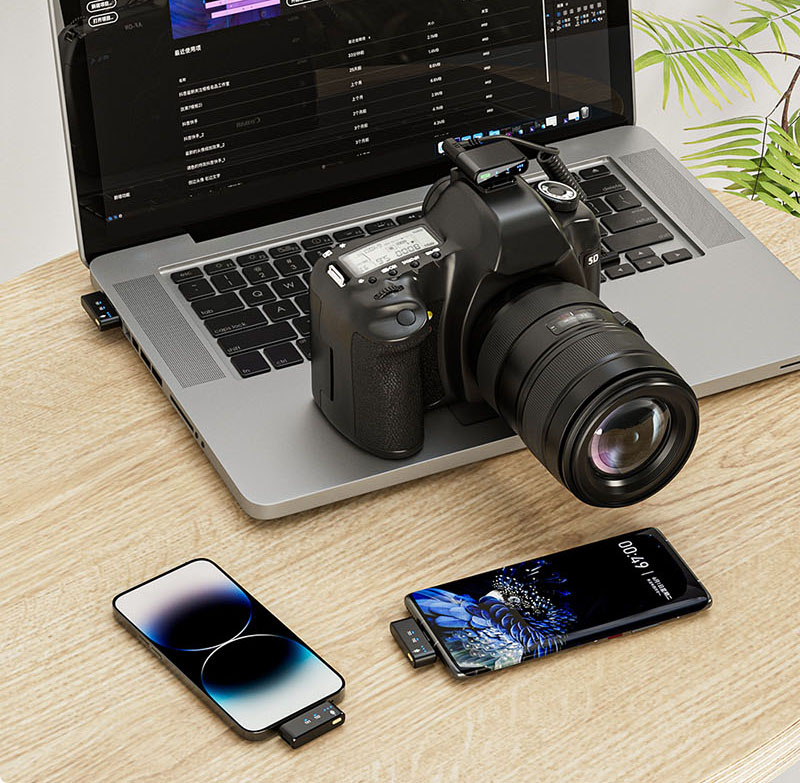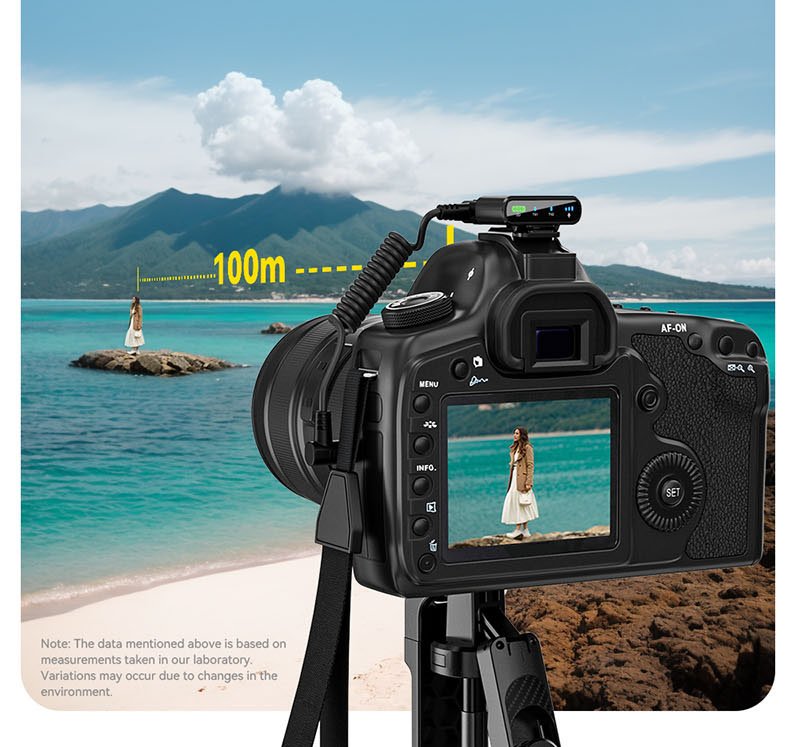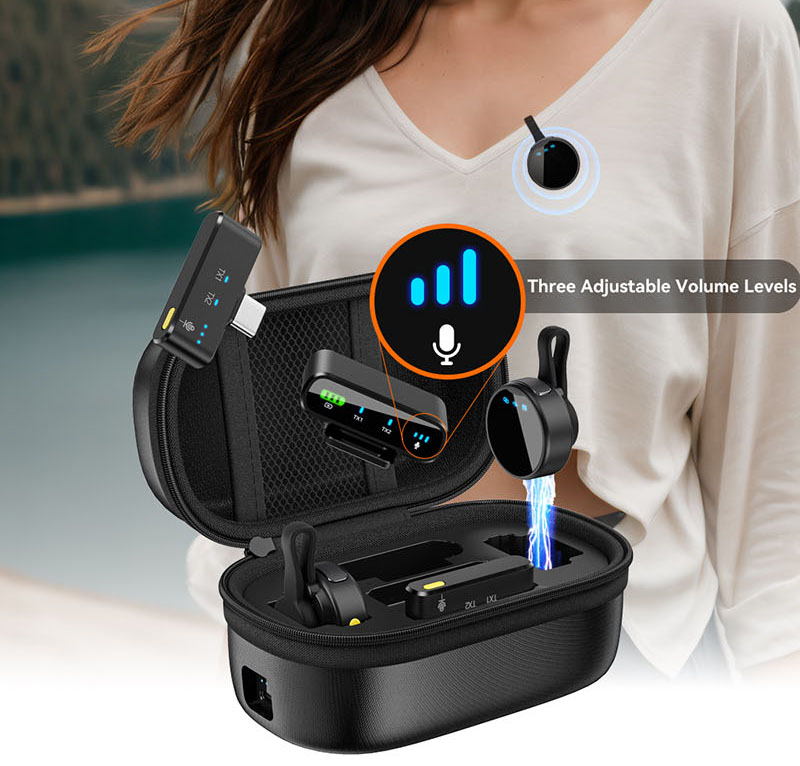How To Connect Multiple Wireless Microphones
How To Connect Multiple Wireless Microphones
How To Connect Multiple Wireless Microphones

Connecting multiple wireless microphones can be a bit more complex than connecting a single microphone, but it’s definitely doable with the right equipment and setup. Here’s a step-by-step guide to help you connect multiple wireless microphones:
What You’ll Need:
- Multiple wireless microphone systems (each with its own receiver).
- Audio mixer (to combine the audio signals from all microphones).
- Appropriate cables (XLR, 1/4-inch TRS, or RCA, depending on your equipment).
- Power supply for all receivers and the mixer.
Steps to Connect Multiple Wireless Microphones:
- Power On All Receivers and Microphones:
- Plug each receiver into a power source and turn them on.
- Insert batteries into each wireless microphone and turn them on.
- Pair Each Microphone with Its Receiver:
- Ensure each microphone is paired with its corresponding receiver. Most systems pair automatically, but you may need to manually match frequencies/channels if they don’t.
- Connect Each Receiver to the Audio Mixer:
- Use the appropriate cables (XLR, 1/4-inch TRS, or RCA) to connect each receiver’s output to a separate channel on the audio mixer.
- XLR: For professional audio equipment.
- 1/4-inch TRS: For amplifiers or mixers.
- RCA: For consumer-grade mixers or home audio systems.
- Use the appropriate cables (XLR, 1/4-inch TRS, or RCA) to connect each receiver’s output to a separate channel on the audio mixer.
- Set Levels on the Mixer:
- Adjust the gain/volume for each channel on the mixer to ensure all microphones are balanced and clear.
- Test each microphone by speaking into it and adjusting the levels accordingly.
- Connect the Mixer to Your Audio System:
- Use the main output of the mixer (usually XLR or 1/4-inch TRS) to connect to your amplifier, speaker, or recording device.
- Ensure the main output volume is set appropriately.
- Test the Audio:
- Speak into each microphone and check if the sound is coming through your speakers or recording device.
- Make any necessary adjustments to the mixer settings to avoid feedback or distortion.
Tips for Managing Multiple Wireless Microphones:
- Frequency Coordination: Ensure each microphone system is on a different frequency to avoid interference. Many modern systems have automatic frequency scanning to help with this.
- Use a Mixer with Enough Channels: Make sure your mixer has enough input channels for all your microphones.
- Monitor Audio Levels: Use headphones to monitor the audio levels and ensure all microphones are balanced.
- Label Everything: Label each microphone and receiver to avoid confusion during setup and use.
Example Setup for Common Uses:
- Live Performances: Connect multiple wireless microphones to a mixer, then connect the mixer to the PA system.
- Recording: Connect multiple wireless microphones to a mixer, then connect the mixer to a recording interface or directly to a computer.
- Broadcasting: Use a mixer with multiple inputs to combine audio from multiple wireless microphones, then send the output to a broadcast mixer or recording device.
Troubleshooting Tips:
- Interference: Change the frequency/channel on the receivers and microphones to avoid interference.
- No Sound: Check cable connections, power supply, and pairing between microphones and receivers.
- Feedback: Adjust the gain/volume on the mixer and ensure microphones are not too close to speakers.
Let me know if you need help with a specific setup or equipment!




